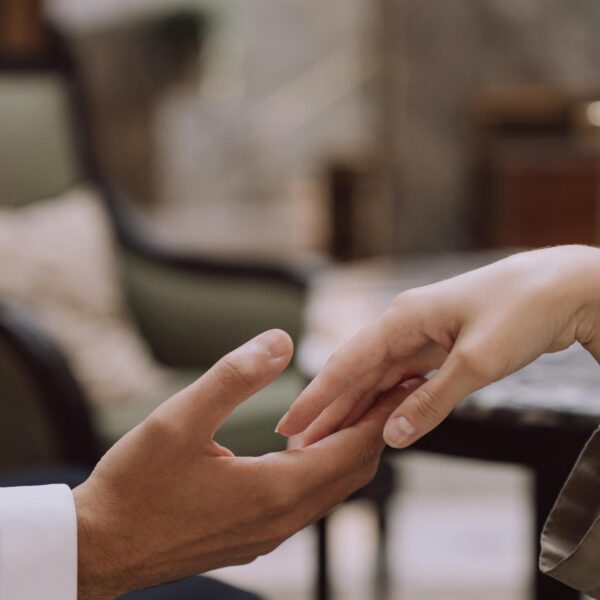Childhood trauma can have a big impact on adult life. It can affect mental health, relationships, and overall well-being. Many people who go through tough things as kids struggle as adults. They may have a hard time feeling happy or connecting with others. But there is hope. Trauma therapy can help adult survivors of childhood trauma work through their experiences and learn new coping skills.

What is Childhood Trauma?
Childhood trauma can include many things, such as:
- Physical abuse: This is when an adult hurts a child’s body on purpose.
- Sexual abuse: This is when an adult touches a child in a sexual way or makes them do sexual things.
- Emotional abuse: This is when an adult says or does things that make a child feel bad about themselves.
- Neglect: This is when an adult doesn’t give a child the care and attention they need to be healthy and safe.
- Seeing violence at home: This is when a child sees adults in their home hurt each other, like hitting or yelling.
These experiences can have long-term effects. They can change how a child’s brain develops and how they learn to deal with stress. As adults, they may struggle with:
- Mental health problems: Depression, anxiety, or PTSD are common in people who have been through childhood trauma.
- Trouble trusting others: It can be hard to feel safe with people or to believe that they won’t hurt you.
- Health problems: Childhood trauma can lead to health issues like heart problems, or chronic pain.
- Low self-esteem: Survivors may feel like they are not good enough or that something is wrong with them.
- Intense emotions: It can be hard to deal with strong feelings like anger, fear, or sadness.
How Trauma Therapy Helps
Trauma therapy is a special type of therapy. It focuses on the needs of people who have been through hard things. In trauma therapy, adult survivors can:
- Talk about their experiences in a safe space. A therapist will listen without judging and help you make sense of what happened.
- Learn healthy ways to cope with stress and emotions. You can learn things like deep breathing, meditation, or art to help you feel better.
- Change negative beliefs about themselves. A therapist can help you see that what happened wasn’t your fault and that you are strong for getting through it.
- Build healthy relationships. You can learn how to trust people, set boundaries, and communicate your needs.
- Become more resilient. This means getting better at dealing with hard things and bouncing back after setbacks.
Types of Trauma Therapy
There are different types of trauma therapy. Some common ones are:
- Cognitive-Behavioral Therapy (CBT): This type of therapy helps you change negative thoughts and behaviors related to trauma. You might learn to challenge thoughts like “I am broken” or “It was my fault.”
- Eye Movement Desensitization and Reprocessing (EMDR): This therapy uses eye movements or tapping to help your brain process trauma memories. It can make them feel less scary or overwhelming.
- Somatic Therapy: These focus on the mind-body connection. They help you notice and release tension or feelings that are stuck in your body due to trauma.
Your therapist may use one or more of these types of therapy. They will work with you to find the best approach for your needs.
Finding the Right Therapist for Childhood Trauma
Looking for a therapist can feel overwhelming. It’s important to find someone who has experience working with childhood trauma survivors. Here are some things to look for:
- Special training in trauma therapy. Ask if they have done extra training in treating trauma.
- A safe, non-judgmental space. You should feel comfortable talking to them and not worry about being blamed or shamed.
- Respect for your boundaries. A good therapist will go at your pace and not push you to talk about things before you are ready.
- Help you feel contained. They will help teach you coping skills so you leave sessions without feeling too triggered or like you cannot go on with your day.
You might need to talk to a few different therapists before you find the right fit. That’s okay. It’s important that you feel good about the person you’ll be sharing your story with.
The Healing Journey
Healing from childhood trauma is a journey. It takes time, and there may be ups and downs along the way. Be patient and kind to yourself. Some days will be harder than others, and that’s normal. Remember that you are not alone. Many people have been where you are and have found healing through therapy.
If you’re struggling with the effects of childhood trauma, know that help is available. At Therapy for Women Center, we have a number of trauma experts at our practice who would be honored to work with you. Click here to learn more about our approach and see if we would be a good fit.





Leave a Reply